8 Signs Of HORMONAL Imbalance In Women
Hormonal imbalance occurs when there is too much or too little of a hormone in the blood. Hormonal imbalances not only affect health, deteriorate appearance, and impact mental well-being, but also affect a person’s psychological state. Recognizing the early signs of hormonal imbalance will help us know how to improve it in a timely manner.
Here are 8 typical signs of hormonal imbalance.
1. Irregular Menstruation
Most women have menstrual periods that occur between 21 to 35 days. If your period doesn’t arrive at the same time each month or skips several months, it could mean you have too much or too little of certain hormones (e.g., estrogen and progesterone). If you are in your 40s or early 50s, this could be a sign of perimenopause or it could be a symptom of other health issues, such as polycystic ovary syndrome (PCOS).
2. Acne
You may have occasional breakouts, especially around your menstrual cycle. But if you have persistent, chronic acne, it could be due to hormonal imbalance. Overproduction of androgen hormones can cause the oil glands in the skin to overact. This, in turn, clogs pores, leading to acne flare-ups.
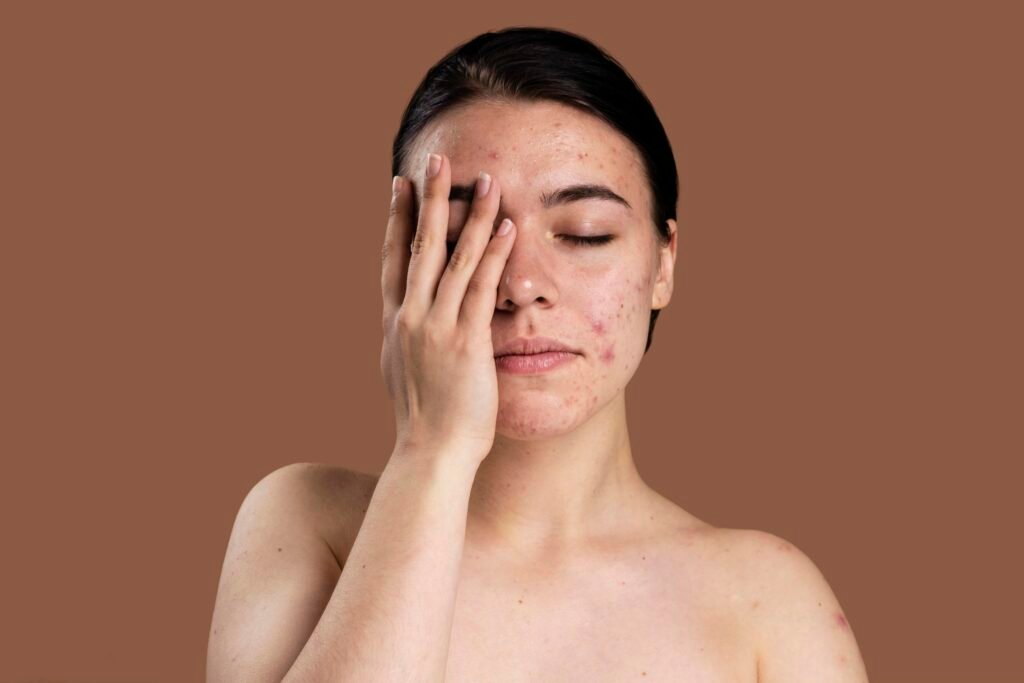
3. Hair Loss
Decreased levels of estrogen and progesterone can make hair thinner and less shiny. These drops also promote an increase in androgen levels which shrink hair follicles and lead to hair loss, exacerbating the issue.

4. Digestive Issues
Fluctuating levels of estrogen and progesterone can also affect digestion. These changes tend to occur during your menstrual cycle, impacting bowel function and causing symptoms such as abdominal pain, bloating, diarrhea, or constipation.
5. Fatigue and Irritability
When estrogen levels decrease during perimenopause, serotonin levels also drop. Serotonin is a neurotransmitter that helps brain and nervous system cells communicate. Drops in estrogen can also occur after childbirth. These changes can lead to symptoms such as anxiety, irritability, and sadness.
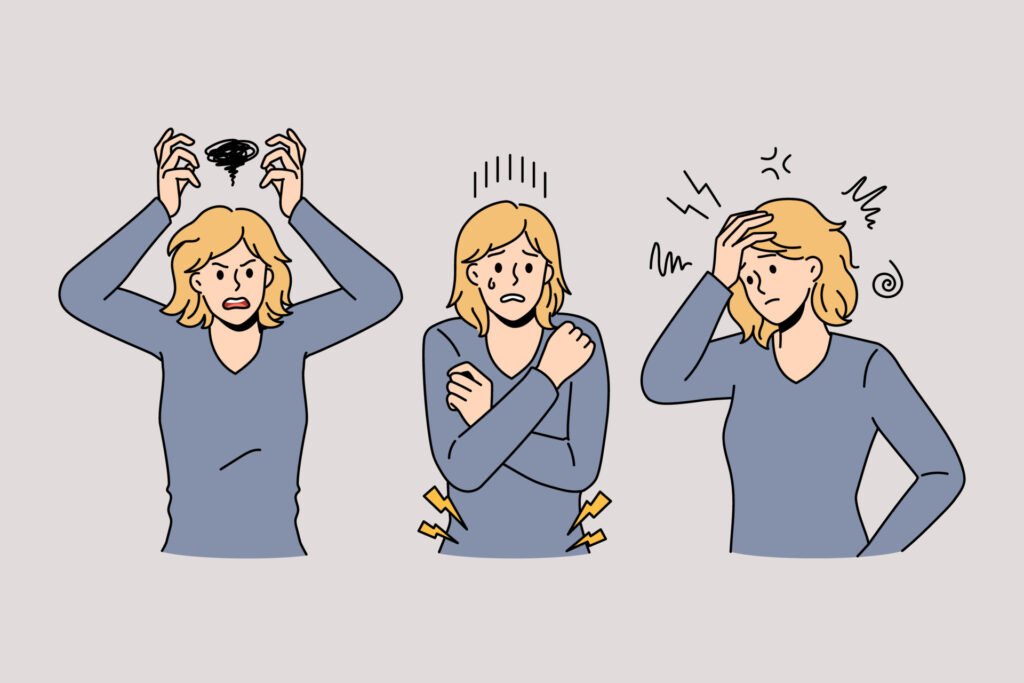
6. Insomnia
If you are experiencing sleep disorders such as insufficient sleep or reduced sleep quality, your hormones may be out of balance. Progesterone, a hormone released by the ovaries, helps you fall asleep more easily. However, if its levels are lower than normal, it can make it difficult to fall asleep. Low estrogen can trigger hot flashes and night sweats, both of which can make it hard to sleep.
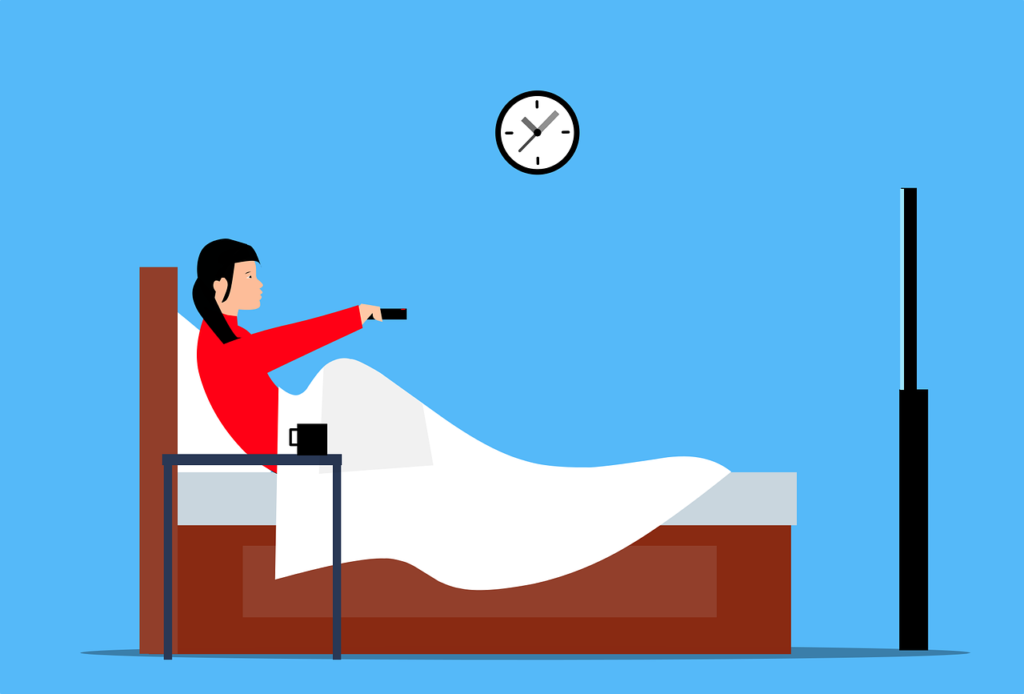
7. Weight Gain
Hormones are responsible for regulating metabolism and determining how the body uses energy. When the body doesn’t produce enough thyroid hormones, hypothyroidism occurs, leading to significant weight gain. A drop in estrogen levels can also make you feel hungrier than usual, causing you to eat more and gain weight.
8. Decreased libido
Decreased sexual desire is a symptom of hormonal imbalance. Certain hormones such as estradiol, testosterone, and progesterone help regulate sexual desire in women. Hormonal imbalances can also affect other physiological issues like vaginal dryness and pain during intercourse. If testosterone levels are lower than normal, it can reduce your sexual desire.
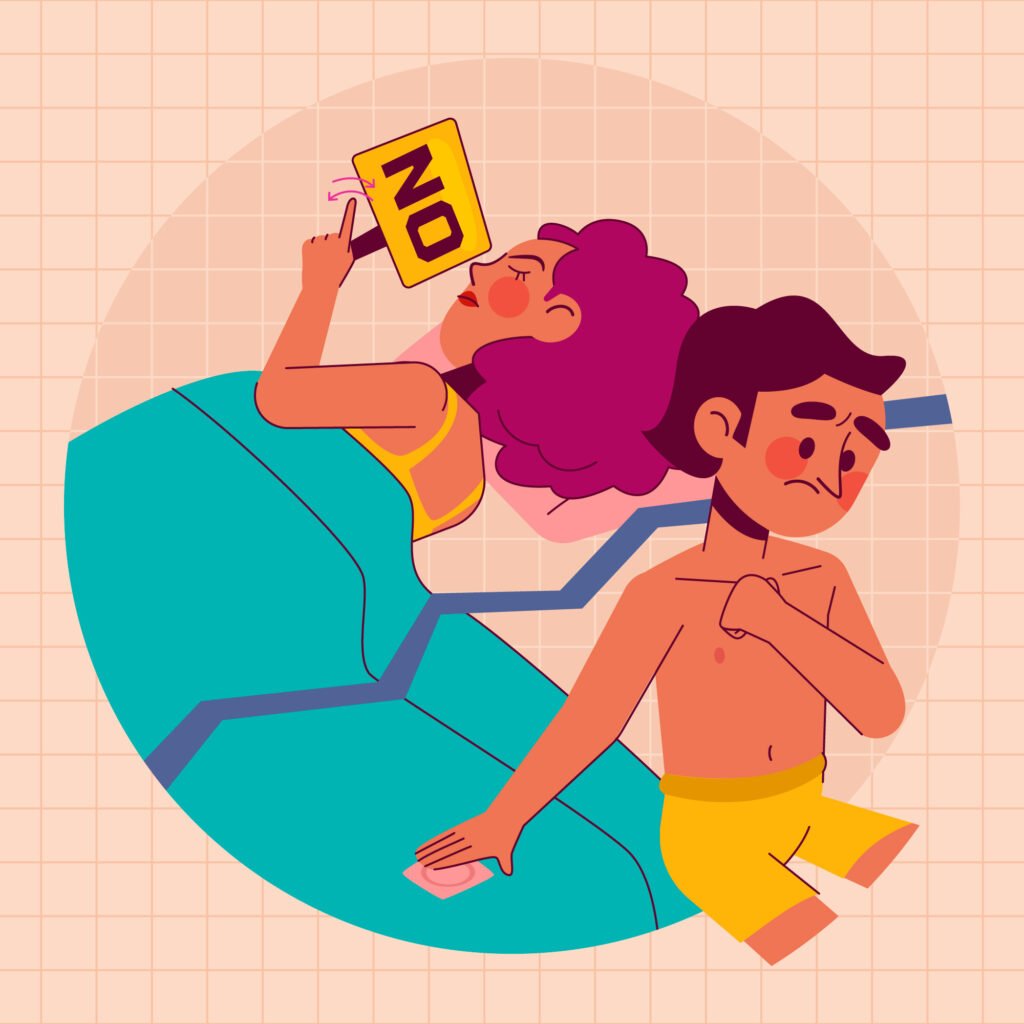
Hormonal imbalances affect the functioning of many organs and increase the risk of conditions like polycystic ovary syndrome, hypothyroidism, and hyperthyroidism. You can balance your hormones and boost your libido by exercising, eating a healthy diet, avoiding stress, and getting enough sleep every day, or by consulting a doctor if you experience any of the signs and symptoms mentioned above.

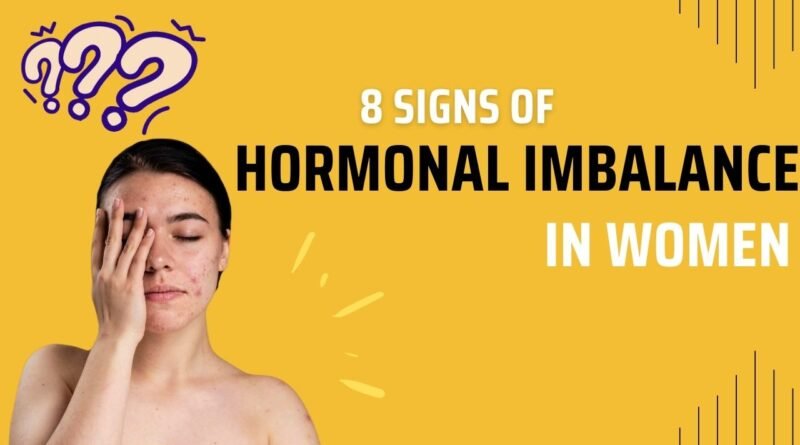
I’ll be sure to share this with my network.
many thank!